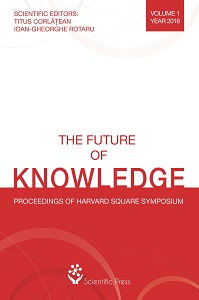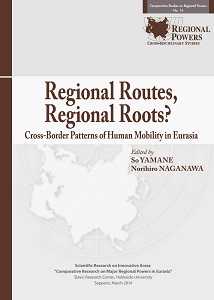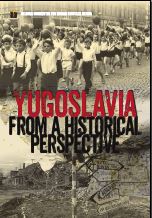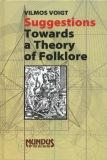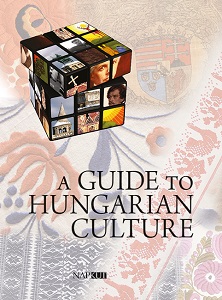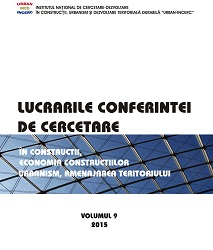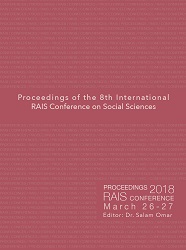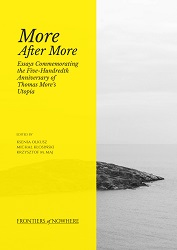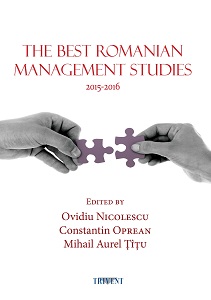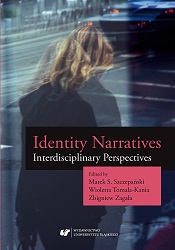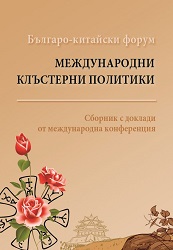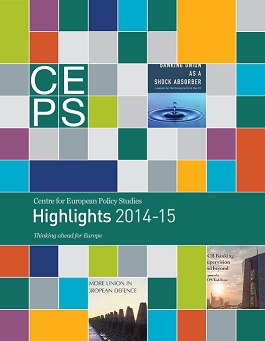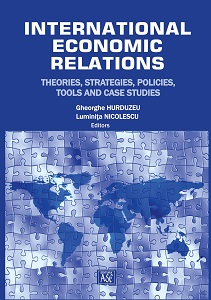Experimentând relaţia dintre spaţiul arhitectural şi fobiile spaţiale majore (rezumatul unei teze de doctorat)
Author(s): Dana Pop / Language(s): Romanian
/ Publication Year: 0
Keywords: space perception; virtual reality; space; place; spatial phobias
During the past decades, there is a noticeable effervescence characterising the space-psychology related studies - the effects of overcrowding, the need for intimacy, the ability of the human brain to navigate a space, the exhibition of territoriality-related needs or the perception of the environment. These studies established a connection between the characteristics of the environment and behaviour. Thus, this work would like to join this field of research. Consequently, the first issue raised is whether architecture is about a space in itself, or whether it is about perception, of a mental image or of a mental representation, the idea one builds of a space? Does architecture create only space or spatial perception, as well? A second issue is whether a space has qualities of its own, or whether its characteristics actually depend on the subjectivity of the perceptual process. This hypothesis generated an entire field of research which disputes the differences between space - associated with the rigidity of mathematical abstraction, a rather conceptual understanding of the notion - and place - seen as lived, experimented and acquired space. The last and probably most important issue would be the role played by architecture in the context of the space-place-perception discussion. Thus, the field of architecture could be redefined as being a device - an interface between the individual and the environment. The environment itself is being transformed, modified in order to respond to the needs of the group. However, the environment manages to alter the behaviour and habitudes of the individual, by reversing this process, as it will be shown. Thus, architecture finds itself in the middle of the debate, being the instrument which carves the environment we inhabit. The question which surfaces is whether the architecture can change the environment so that it can cause behavioural alterations in the group it hosts. In order to provide a practical answer to this last question, the paper bases its conclusions on the result obtained in an experiment. This experiment tested certain situations in which the natural adaptation process has been short-circuited. These are phobic reactions. Phobias are seen by the evolutionary psychologists as an error of the natural adaptation process in our evolution. The final part of the theoretical construct tries to look at this individual-environment relationship, the cause of phobias, from an architectural perspective. Thus, the endeavour wishes to lay the first theoretical ‘brick’ at the foundation of an interdisciplinary research project between architecture, psychology, sociology and virtual reality.
More...



